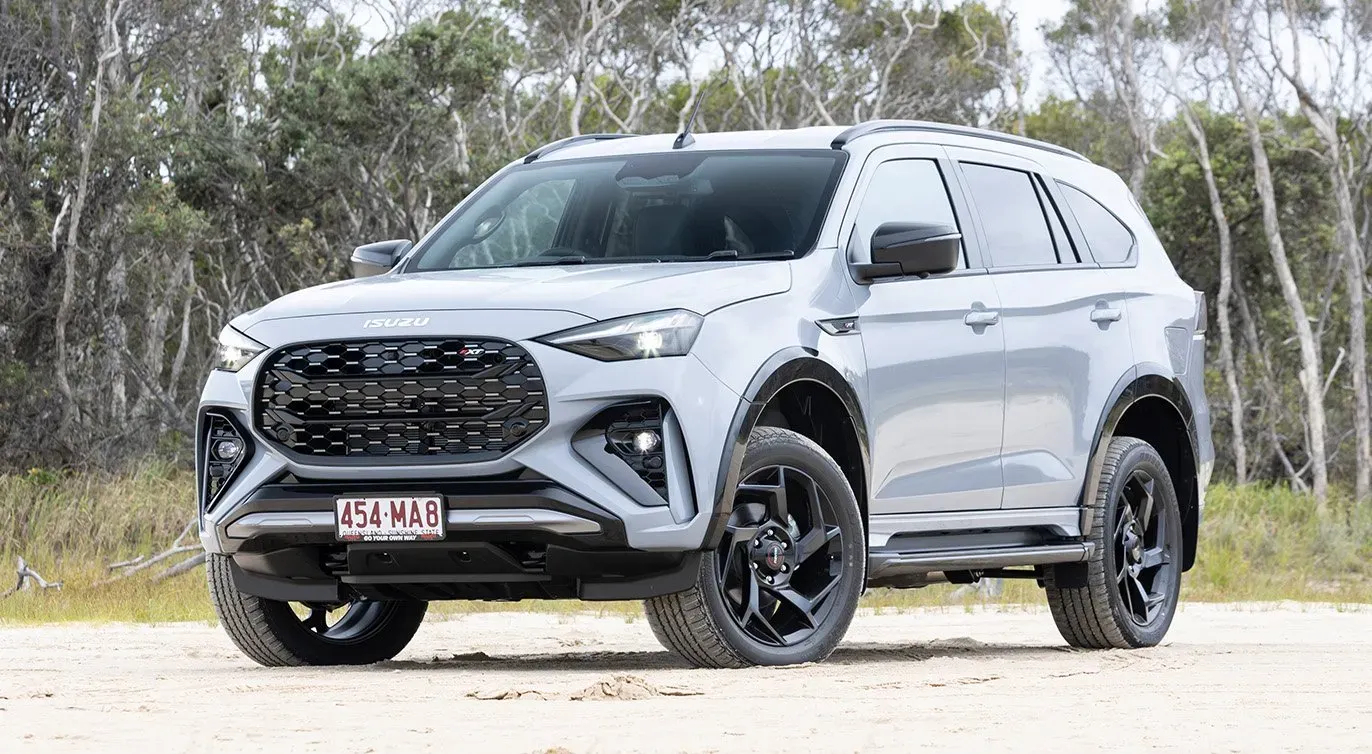General Motors (GM) and Hyundai have signed a non-binding agreement to collaborate on hydrogen fuel cell technology for commercial vehicles. This partnership could lead to the development of hydrogen-powered versions of popular trucks like the Chevrolet Silverado and GMC Sierra. The agreement focuses on sharing and co-developing hydrogen fuel cell technology, particularly for medium and heavy-duty commercial vehicles.

Both companies have existing hydrogen fuel cell programs: GM with its Hydrotec fuel cell technology and Hyundai with its XCIENT Fuel Cell trucks. The collaboration aims to accelerate the adoption of hydrogen fuel cell technology in the commercial vehicle sector.
There are the key benefits of hydrogen-powered trucks:
- Zero emissions: Hydrogen fuel cell trucks emit only water vapor, making them a zero-emission vehicle that can help reduce air pollution and improve air quality.
- Long range and quick refueling: Hydrogen trucks can achieve operational ranges between 1,000 and 1,500 kilometers, comparable to diesel models. They can be refueled in about 15 minutes, similar to conventional trucks.
- High energy efficiency: Hydrogen fuel cells are more energy-efficient than internal combustion engines, converting more of the fuel's energy into useful power.
- Reduced noise pollution: Hydrogen-powered vehicles produce significantly less noise than conventional combustion engine vehicles.
- Potential for renewable fuel: Hydrogen can be produced from various renewable sources, such as wind or solar power, making it a sustainable fuel option.
- Suitable for heavy-duty applications: Hydrogen fuel cell technology is particularly advantageous for heavy-duty, long-haul trucking where battery electric vehicles may face limitations due to weight and range.
- Lower operational costs: Hydrogen power may reduce a vehicle fleet's operational costs compared to battery-powered or internal combustion engine counterparts.
- Energy security: Using domestically produced hydrogen can reduce dependence on imported oil and increase energy security.
- Scalability: Hydrogen infrastructure can be expanded flexibly to accommodate larger fleets and broader geographic coverage.
- Performance in cold weather: Hydrogen fuel cell technology can remain operational in sub-zero weather, offering resilience in harsh conditions.

This partnership could help both companies compete with other manufacturers developing hydrogen-powered trucks, such as Toyota and Volvo.
While the focus is on commercial vehicles, the technology could potentially be applied to passenger vehicles in the future. This collaboration represents a significant step in the automotive industry's push towards cleaner energy solutions for transportation.














